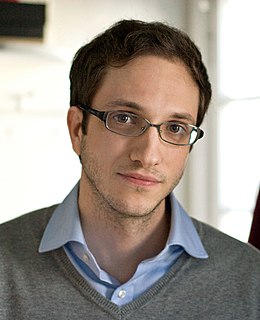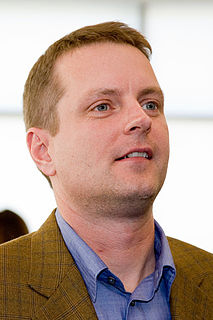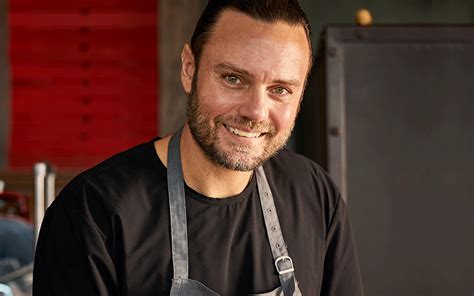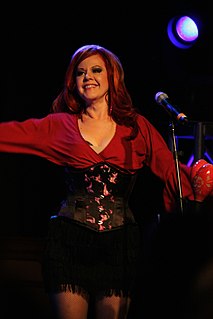A Quote by Jeannette Walls
And as soon as the Internet hit and people started having their own web sites, I realized that people who did what I did, our positions were being threatened because, as journalists, we were the conduits between the celebrities and the public.
Related Quotes
The term 'web-series' has a stigma attached to it because it was created at a time when the only web-series that were being created were being created by people who would have loved to have a television show, but they couldn't. So they created a web-series instead, on their own dime. And those series look cheap because of it.
God sees us with the eyes of a Father. He sees our defects, errors, and blemishes. But He also sees our value. What did Jesus know that enabled Him to do what He did? Here’s part of the answer: He knew the value of people. He knew that each human being is a treasure. And because He did, people were not a source of stress, but a source of joy.
I did not feel very patriotic. I did not feel proud of our country, seeing that we were bombing peasant villages, that we were not just hitting military targets, that children were being killed. We were terrorizing the North Vietnamese with our enormous Air Force. They had no Air Force at all. They were a little pitiful country and we were terrorizing them with our bombs. And no, I did not feel proud at all.
Part of what motivated my writing was anger. I was angry that the daily misery of doctors, nurses, and patients was being trivialised into soap opera. We were made to feel bad because we were not perfect like our television counterparts. We were resentful that our patients did not get better as quickly as they did on telly - or at all.
Basically, I realized I was living in that awful stage of life between twenty-six to and thirty-seven known as stupidity. It's when you don't know anything, not even as much as you did when you were younger, and you don't even have a philosophy about all the things you don't know, the way you did when you were twenty or would again when you were thirty-eight.
We had people who did housing, people who did anti-war, people who did schools. Everyone operated in their own niche, but not separately. We all were together on certain issues when it was important. Everybody was active in the '60s. I feel that there's a lot of active radical thought today but not much action.
I did not feel proud of our country, seeing that we were bombing peasant villages, that we were not just hitting military targets, that children were being killed. We were terrorizing the North Vietnamese with our enormous Air Force. They had no Air Force at all. They were a little pitiful country and we were terrorizing them with our bombs. And no, I did not feel proud at all.
We were always told we were one step behind Deep Purple, one step behind Led Zeppelin, one step behind everybody. Our manager didn't want to let us know how popular we were. It's only after we did Ozzfest that people started telling me stuff. I thought they were taking the piss. People would come up to me and go, "Respect."





































